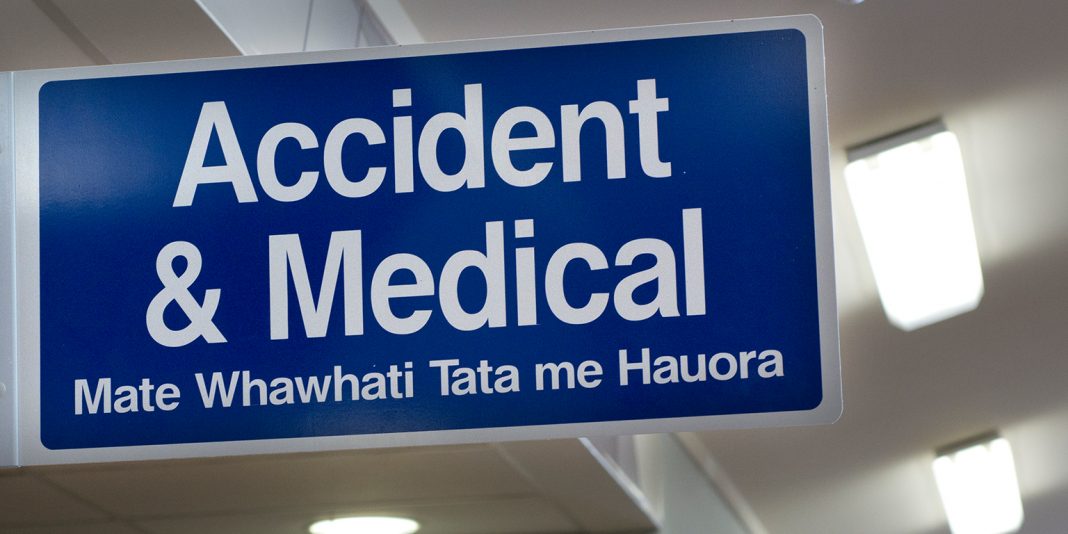It took caring for an emergency patient in my final placement for me to truly appreciate the significance of teamwork in health care.
As a third-year nursing student, I had the pleasure of completing my elective placement in the Hokianga, working on the ward alongside a supportive group of health professionals. This placement is unique as the ward nurses are also responsible for running the emergency room if a status one or two patient arrives.
On my second day of placement, a lady in diabetic ketoacidosis (DKA), presented to the emergency room. She was brought in by her family and was unconscious. The nurses and doctors arranging her treatment plan asked me to assist in her care and I took up the opportunity.
At first I thought to myself, “This is extremely different from reading it in a case study or book.” I also felt quite out of my depth. But after speaking with the charge nurse, I felt very confident that I could carry out the designated assessments. My role included taking 15-minute observations and blood sugar level readings and transcribing these onto the board, preparing saline flushes, gathering equipment for catheter insertion and IV fluids and, most importantly, speaking with the patient’s family.
I think this patient had been in DKA for a long time before she was brought to the hospital. I also think the family didn’t understand what was happening to the patient or how serious this condition can be.
The patient was not responding to the treatment provided and needed to be transferred to a bigger hospital – a two-hour ambulance ride away. I felt a helicopter transfer might have been more beneficial because of the risks a long ambulance journey might pose to the patient, but fortunately she arrived safely.
On reflection, the positive learning experiences from this emergency were that the DKA protocol was being followed, everyone worked as a team, and decisions were made as a team. There was a designated leader right from the beginning, which helped to facilitate the patient’s care and everyone had a specific role.
If a similar situation arose, I would again take the opportunity to participate. What I might do differently is ensure that the family understood what was occurring right from the beginning, and explain to them more about the seriousness of DKA.
I believe that as students we should embrace such opportunities during clinical placements, as these can provide perfect learning situations and environments to enhance our teamwork skills, even though they take us out of our comfort zones. Remember, we are supported throughout our clinical placements so we can practise safely within our scope and can begin to build a professional foundation for when we too are registered nurses.






















